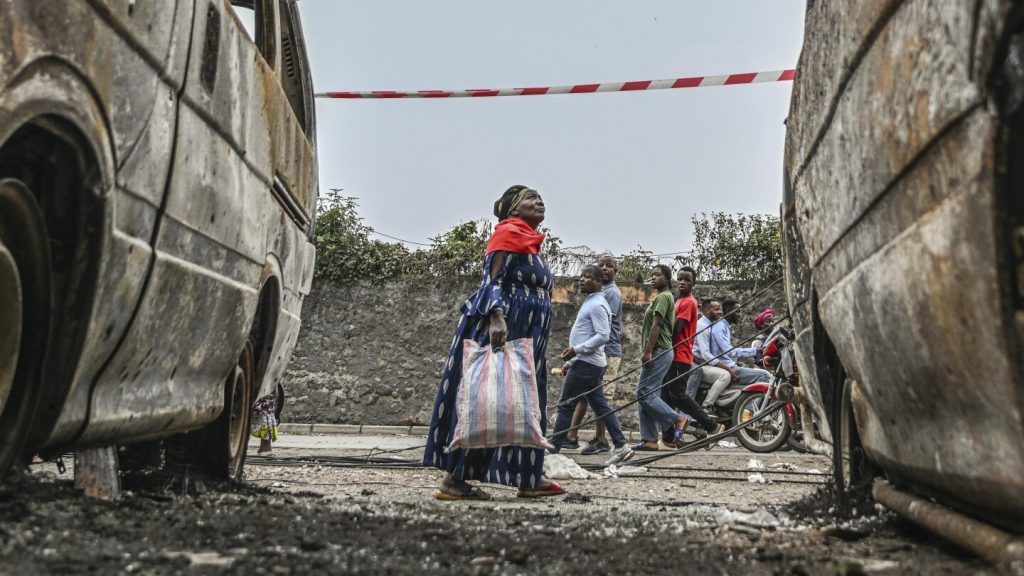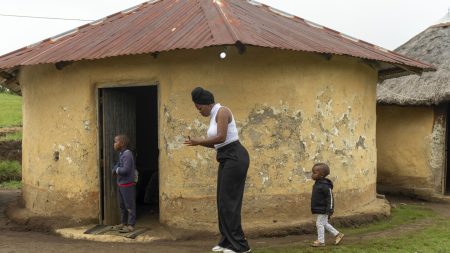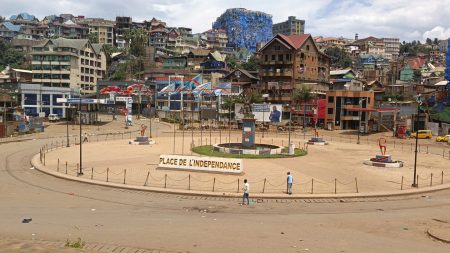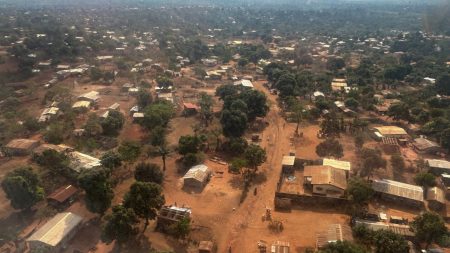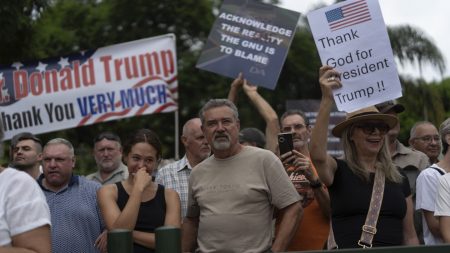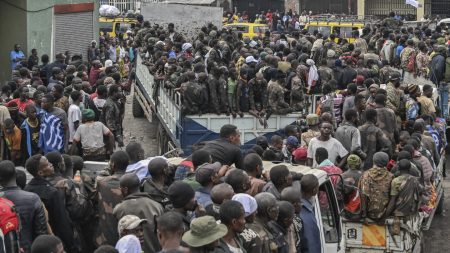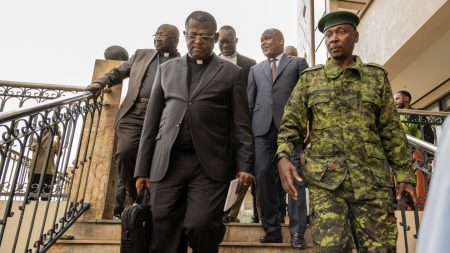The UN Human Rights Council Condemns Rwanda’s Support of Rebels in Eastern Congo
The United Nations Human Rights Council has issued a stern condemnation of Rwanda’s alleged military and logistical support for the M23 rebel group operating in eastern Democratic Republic of Congo (DRC). This decision came during an urgent session convened to address the escalating violence in the region, which has led to significant human suffering and displacement. The council’s resolution, agreed upon by consensus, calls for an immediate end to Rwanda’s involvement with the rebels and demands that both the M23 and Rwandan defense forces cease human rights violations in the affected areas.
The resolution also highlights the need for unfettered access to humanitarian aid in the conflict zone, particularly through Goma’s airport, which has been a critical lifeline for affected populations. To further address the crisis, the council has established an independent commission of inquiry, comprising three international law experts, to investigate human rights abuses and report back to the council. This move underscores the international community’s growing concern over the deteriorating situation in eastern DRC, where violence has spiraled out of control in recent months.
The Crisis in Eastern Congo: A Region Plagued by Violence and Mineral Wealth
Eastern DRC has long been a flashpoint for conflict, driven in part by the region’s vast mineral deposits, which are essential for the production of modern technology, including mobile phones and computers. The M23 rebels, supported by an estimated 4,000 Rwandan troops, according to UN experts, have emerged as one of the most formidable armed groups in the region. Their recent capture of the strategic city of Goma has exacerbated the humanitarian crisis, displacing thousands of civilians and causing widespread trauma.
The violence has resulted in an estimated 3,000 deaths and nearly 2,900 injuries since late January, though UN High Commissioner for Human Rights Volker Türk warns that the actual toll may be significantly higher. Türk emphasized the urgent need for international action, stating, "How many more innocent lives must be lost before sufficient political will is galvanized to resolve this crisis?" The rebels, despite their pledges to ensure safety, have been accused of using heavy weaponry and perpetuating attacks that have left the local population in a state of constant terror.
Calls for Ceasefire and Accountability
The UN Secretary-General, António Guterres, has urged the M23 rebels to lay down their weapons and engage in mediation to find a peaceful resolution to the conflict. The Human Rights Council’s resolution echoes this call, demanding an immediate halt to human rights violations by both the rebels and Rwandan forces. The council’s decision to establish an independent commission of inquiry signals a commitment to holding perpetrators accountable for their actions and ensuring justice for victims.
However, the situation remains deeply contentious, with both Rwanda and the DRC trading accusations. Rwanda’s ambassador to the UN in Geneva, James Ngango, defended his country’s actions, claiming that forces linked to the 1994 Rwandan genocide had sought refuge in eastern DRC, posing a security threat to Rwanda. He accused these groups of spreading "genocidal ideology" and argued that Rwanda’s involvement in the region is aimed at protecting its borders. Meanwhile, Congolese officials, including Communications Minister Patrick Muyaya Katembwe, have accused Rwanda of war crimes and crimes against humanity, alleging that its actions are part of a wider effort to occupy and control the region.
The Human Cost of the Conflict
The humanitarian toll of the conflict in eastern DRC cannot be overstated. Decades of instability and violence have left the local population enduring immense suffering, with millions displaced and countless lives lost. The recent surge in violence has only exacerbated this dire situation, with civilians caught in the crossfire between rebel groups, government forces, and their allies.
The M23 rebels, despite their efforts to rally public support through events such as a stadium rally in Goma, have done little to reassure residents of their safety. Many fear that the rebels’ Promise of security rings hollow, particularly as reports of abuses continue to emerge. The international community has been vocal in its condemnation of all parties involved, but the on-the-ground reality remains grim, with aid organizations struggling to reach those in need.
A Call to Action: The Path Forward
The UN Human Rights Council’s resolution serves as a stark reminder of the urgent need for international action to address the crisis in eastern DRC. While the establishment of an independent commission of inquiry is a step in the right direction, it is only the beginning. The council’s demands for a ceasefire, accountability, and humanitarian access must be backed by concrete actions from all stakeholders.
For the people of eastern DRC, the stakes could not be higher. Decades of conflict have left them vulnerable to exploitation, displacement, and violence. The international community must now demonstrate the political will to address the root causes of this crisis, including the exploitation of mineral resources and the presence of armed groups. Only through a coordinated and sustained effort can the region hope to achieve lasting peace and stability. As Volker Türk aptly put it, the world cannot afford to stand by as the situation in eastern DRC continues to deteriorate. The time for action is now.





